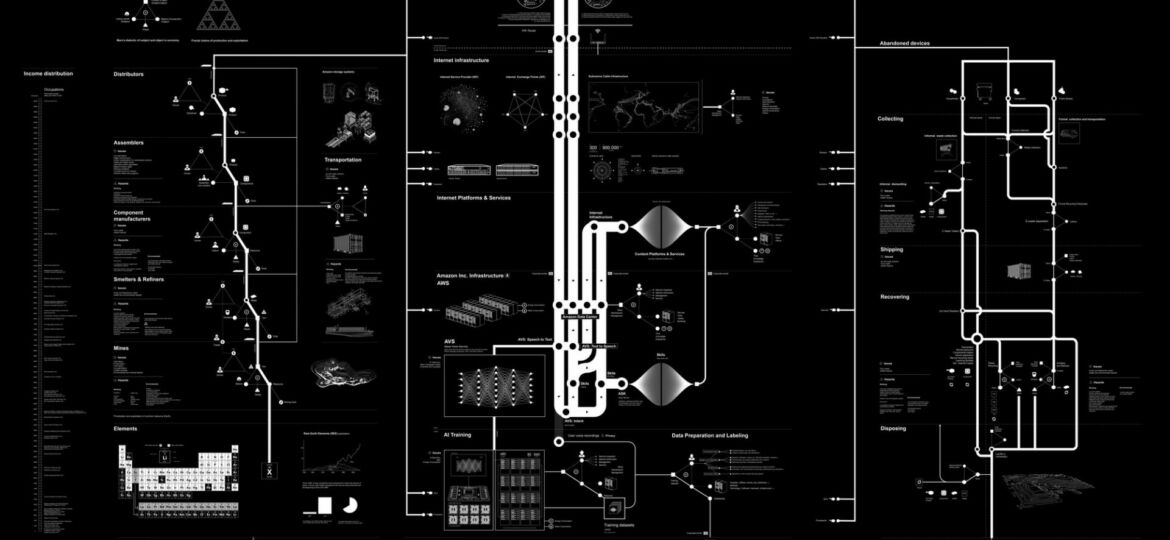“An incarnation of my hatred shall ever follow your kind, dooming them to wander a blood-soaked sea of darkness for…
In China, a team of researchers has unveiled the first bidirectional brain-computer interface (BCI) capable of “learning” alongside the human…
NET ECOLOGY di Laura Cocciolillo The digital age wraps itself in the rhetoric of the ether. “Cloud,” “network,” “artificial intelligence”…
China’s new social credit system guidelines tighten measures against dishonest behaviour. Companies classified as seriously dishonest will face significant restrictions, including bans on accessing government funds, tax incentives, and stock offerings. Sector-specific blacklists are also expanding, signalling stricter oversight in the real estate, internet services, human resources, and energy sectors.
Simlish as a Performative Language Between Interpretation and Agency in a Space Where Meaning Emerges from Interaction
NET ECOLOGY di Laura Cocciolillo We are often inclined to regard technology as a product exclusively born of human ingenuity—a…
LGBTQIA+ communities have historically been underrepresented in the video game industry, which still bears the legacy of that decade—from the late 1980s to the late 1990s—when the medium and the very identity of the gamer were marketed by the mainstream industry as exclusive to young, cisgender, heterosexual men (and in the West, white men). Yet LGBTQIA+ individuals have always played video games. And ever since they’ve had the opportunity, they’ve also modified, created, and reimagined them—giving rise to a vibrant scene of queer video game détournements that reinterpret commercial works or unveil their inherent queerness.
In Ghost in the Shell, the 1995 animated film directed by Mamoru Oshii and based on the manga of the same name by Masamune Shirow, Major Kusanagi often finds herself confronting her Ghost — a term which, in the film’s universe, represents that part of her being which cannot be reduced to the mere function of the body or the calculation of cognitive abilities. The Major, in fact, is a cyborg: a human whose brain has been implanted into an artificial body. Although it’s clear that she possesses all the capacities to act intentionally, to make decisions, to choose, to modify her reality, the question remains: is it truly her will, or is she merely executing predetermined programmes — albeit extraordinarily sophisticated ones?
Within just a few years, humanoid robots could truly become a common presence in the homes of many Chinese citizens….
Redazione THE BUNKER MAGAZINE Anyone who has ever tried to open a legal textbook—or even just read an official document…


![The Topologies of Zelda Triforce (Patrick LeMieux, Stephanie Boluk, 2018) [image from itchio]](https://www.the-bunker.it/wp-content/uploads/2025/06/The-Topologies-of-Zelda-Triforce-Patrick-LeMieux-Stephanie-Boluk-2018-image-from-itchio-thegem-blog-default-large.jpg)








